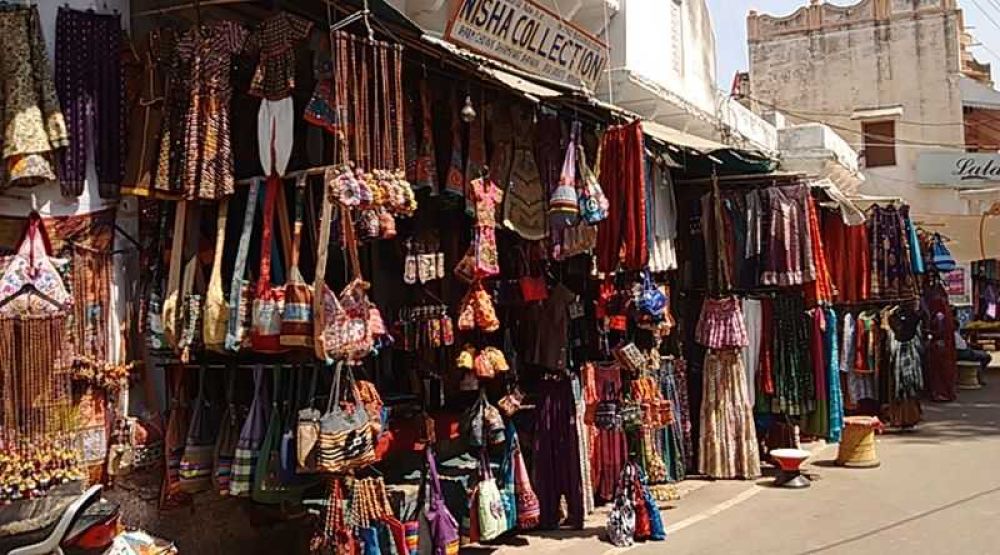

Pushkar, often referred to as the 'rose garden of Rajasthan,' holds a place of great significance in the hearts of Indian and international tourists alike. Nestled on the shores of Pushkar Lake, this quaint little town is surrounded by hillocks on three sides, creating a beautiful vista renowned for its spiritual and market allure including the famous Pushkar Bazaar. The history of tourism in Pushkar is intricately linked to its religious traditions, cultural heritage, and vibrant local markets.
The town of Pushkar has a history that dates back to ancient times and is one of the oldest cities in India. It is often associated with Hindu mythology, particularly the creation of Pushkar Lake by the tears of Lord Shiva. Pushkar is one of the five sacred dhams (pilgrimage sites) for devout Hindus and has one of the few temples dedicated to Lord Brahma in the world. The presence of numerous temples around the lake cements its status as a pilgrim town.
Tourism in Pushkar initially started with religious pilgrimages. Devotees from all across India and neighboring countries would journey to Pushkar to take a dip in the holy waters of Pushkar Lake during the auspicious Kartik Purnima. This annual influx of pilgrims eventually garnered the attention of general tourists interested in the cultural and historical aspects of the town.
With time, the Pushkar Fair (Pushkar Camel Fair or Pushkar Mela) became a worldwide attraction, magnifying the town's tourism spectrum far beyond just the religious domain. The Pushkar Fair is one of the largest livestock fairs in the world, which over time, has transformed into a cultural extravaganza. This event includes camel trading, cultural performances, and competitions that draw visitors from around the globe.
Pushkar Bazaar, which is an integral part of the town, comes alive especially during the fair. The marketplace offers an extensive collection of items, ranging from Rajasthani costumes, fabrics, jewelry to various forms of handicrafts. This has been a major attraction for tourists looking to take home a piece of Rajasthani culture. The bustling lanes, the colorful stalls, and the aromatic food stands make the bazaar an unforgettable experience for travelers.
In the current tourism scenario, Pushkar continues to see a consistent flow of visitors year-round. With the rise of the experience economy, tourists are not just visiting Pushkar for its religious significance or the Pushkar Fair but are also interested in experiencing the local lifestyle. Pushkar's homestays, heritage hotels, and cultural workshops on local crafts and cuisine are becoming increasingly popular.
Eco-tourism is also gaining prominence, with tourists showing interest in the conservation of Pushkar's natural and cultural landscapes. Efforts are being made to promote sustainable tourism practices that help preserve the town's heritage. Many tourists now opt for walking tours, bicycle rides, and eco-friendly accommodations to minimize their carbon footprint while enjoying the serene beauty of Pushkar.
In conclusion, the small town of Pushkar has come a long way in terms of tourism, evolving from a pilgrimage spot to a multifaceted tourist destination that caters to various interests including spirituality, culture, adventure, and sustainable tourism. Pushkar Bazaar remains at the heart of this transition, representing the colorful and dynamic spirit of Pushkar that has been enchanting visitors for centuries.